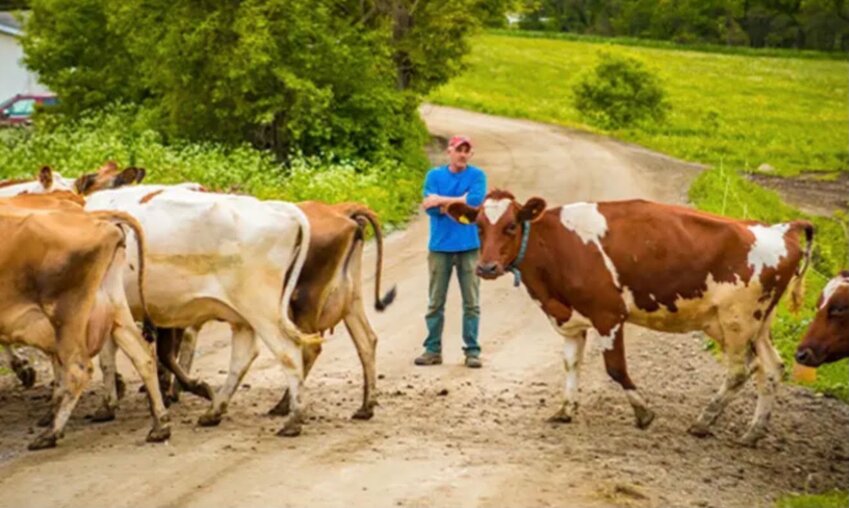 Horizon Organic has published the results of its lifecycle assessment, including its carbon footprint for whole milk. A half-gallon carton of the brand’s whole milk has a carbon footprint of 5.58 kg CO2e (carbon dioxide equivalent), and also includes other greenhouse gases like methane and nitrous oxide, “which are more potent than carbon dioxide,” the company writes.
Horizon Organic has published the results of its lifecycle assessment, including its carbon footprint for whole milk. A half-gallon carton of the brand’s whole milk has a carbon footprint of 5.58 kg CO2e (carbon dioxide equivalent), and also includes other greenhouse gases like methane and nitrous oxide, “which are more potent than carbon dioxide,” the company writes.
To help consumers understand the numbers, the company said that drinking one glass of Horizon Organic whole milk a day for a year is the GHG emission equivalent of driving 632 miles.
Horizon Organic, part of Danone North America, says that releasing the results of its lifecycle assessment is a step toward its goal of being carbon positive by 2025. When the brand announced its goal last year, it promised to be “open and transparent throughout its journey to becoming carbon positive.”
Now that the brand’s lifecycle assessment is complete, it is turning its focus to partnerships and investing in family farmers to implement carbon reduction projects to help it meet its 2025 goal. Two-thirds of Horizon Organic’s GHG emissions come from on-farm activities such as soil management, enteric fermentation, manure management and milking, the brand says.
Horizon Organic farmers are enrolled in the Danone North America Soil Health Initiative, which represents 28,000 acres. The initiative works with farmers to institute soil health programs that reduce and store carbon, in partnership with sustainable environmental consultants.
The remaining one-third of emissions come from off-farm activities such as manufacturing, transportation, final product, packaging, and end-of-life, the brand says. To reduce emissions, the brand is focusing on improving processing and distribution. Currently, 100% of the electricity used at Horizon Organic owned processing plants is derived from wind power through the purchase of renewable energy certificates or through PPAs.
The brand is also aiming to make 100% of its packaging recyclable, reusable, or compostable by 2025. Currently, all of its half-gallon cartons are widely recyclable, Horizon Organic says.
Land O’Lakes is another brand focusing on sustainable agriculture. The company is working on developing practices that promote soil health and reduce greenhouse gas emissions on one of its supplying dairy farms. The 3-year pilot effort will be one of the first to use Land O’Lakes’ Truterra Insights Engine to track crop system changes on a dairy farm. Land O’Lakes is partnering with Bel Brands USA for the pilot program.
9.9% of 2018 greenhouse gas emissions. GHG emissions from the industry come primarily from livestock such as cows, agricultural soils, and rice production.